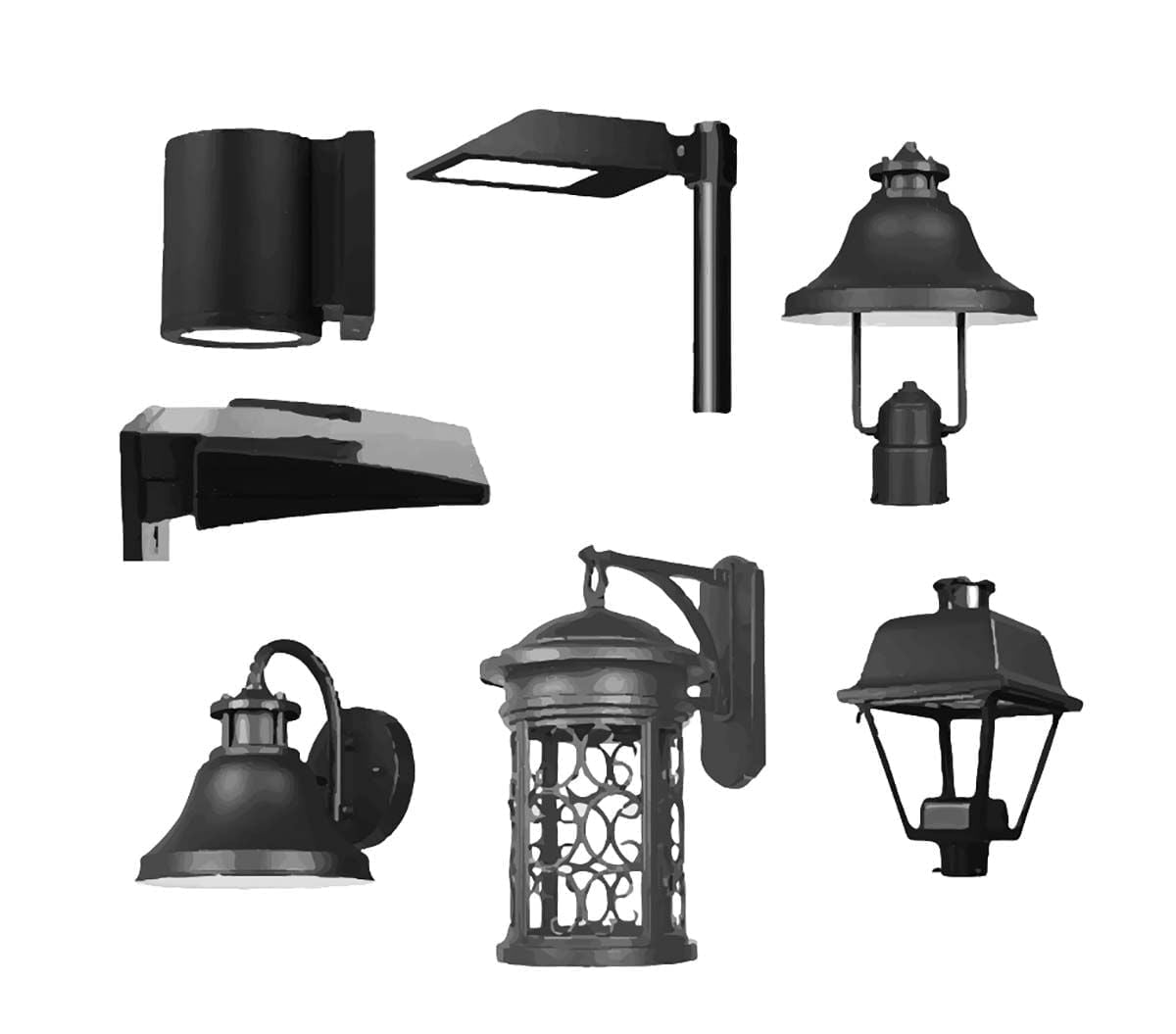
First came the Woolsey Fire. Then came COVID-19. The twin disasters have been blamed for all kinds of problems in Malibu, from budget deficits to shrinking school enrollment. Now, there is another complaint on the list: a prolonged delay in initiating the city’s long-awaited Dark Sky Ordinance.
On Monday, Malibu City Council voted, 4-0, to push back the compliance deadline for both commercial and residential properties one more year, from the swiftly-approaching current deadline of Oct. 15, 2021, out to October 2022. That delay does not apply to the city’s half-dozen gas stations, which were originally supposed to have come into compliance in 2019 but were granted a deadline extension due to Woolsey.
The original dates for compliance were: gas stations by Oct. 15, 2019; all other commercial zones by Oct. 15, 2020; private residences and other zones by Oct. 15, 2021. All three were pushed back yet again due to the pandemic. However, gas stations are now officially out of compliance.
The decision to issue another year long extension for other properties was a compromise among the four council members who attended the Sept. 27 council meeting (Council Member Mikke Pierson was absent)—Mayor Pro Tem Bruce Silverstein initially asked that no deadline extensions be granted, but acquiesced under one condition: that there be “a good faith effort to up the non-compliance fees as best we’re capable so that people know they’re going to be seriously affected by the ordinance.”
Silverstein specified that the fee increase for properties not in compliance should not take the form of increased permit fees—”that’s just charging people for doing what we’re telling them to do”—but rather should be published as a warning to encourage compliance before the 2022 deadline.
The decision was in line with the requests of two citizen groups whose representatives came to speak at the meeting: Malibu Community Alliance, represented by Cami Winikoff, and Malibu Coalition for Slow Growth, represented by Patt Healy. Both Winikoff and Healy have often weighed in as the ordinance was developed over the past eight years.
“Clearly, staff needs to focus on getting gas stations into compliance,” Winikoff said. “If that means the deadline for commercial compliance needs to be pushed out another year, so be it, but the residential deadline should remain. In essence, the ordinance should be in full effect by October 2022.” Winikoff and Healy both suggested increasing outreach to inform residents of new lighting rules.
“Outreach should be positive in nature and continual so everyone is on board when the implementation date arrives,” Healy suggested.
She also cautioned that every day the ordinance was not in effect, light pollution was increasing.
“Dark Sky is being eroded,” Healy said.
Grisanti suggested the 2022 date in order to take pressure off city staff and allow proper notification to residents that new rules were finally coming down.
“That gives us a year to notify people, gives [dark sky consultants] Benya [Burnett Consultancy] some time to develop some pieces [of literature] for people who weren’t planning on doing anything to their house,” Grisanti said. “We’re going to need to have somebody to go out and say, ‘This fixture is not in compliance,’ and it’s going to take a little while for us to ramp up on that.”
Basic requirements of the ordinance include stipulations that all outdoor lighting must be fully shielded and directed downward and that lighting should be extinguished by 11 p.m. or when people are no longer present in exterior areas. Lighting may only be used within 50 feet of a residentially habitable building or pool, with the exception of security, driveway and walkway lighting. There are also temperature and lumen rules.
For more details on the ordinance, visit malibucity.org/705/dark-sky-ordinance.


